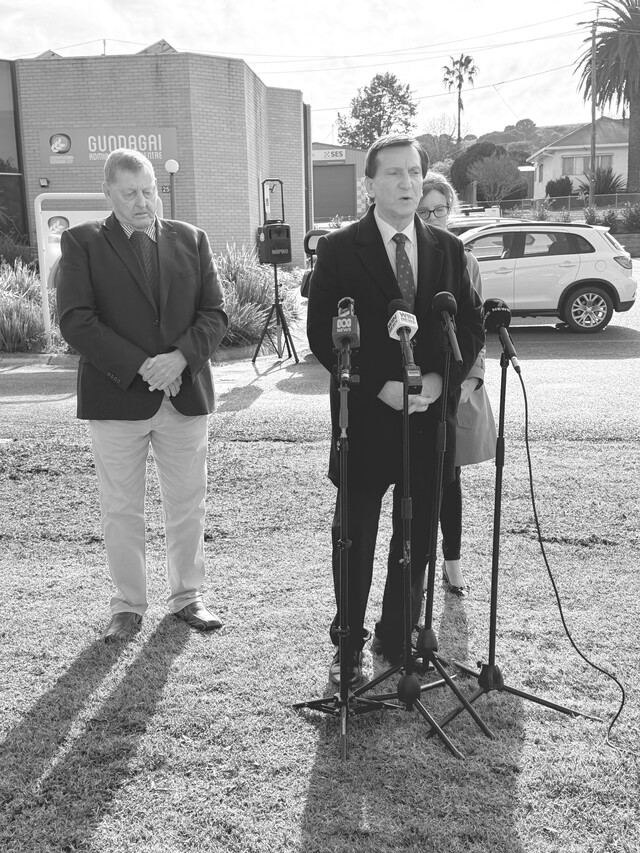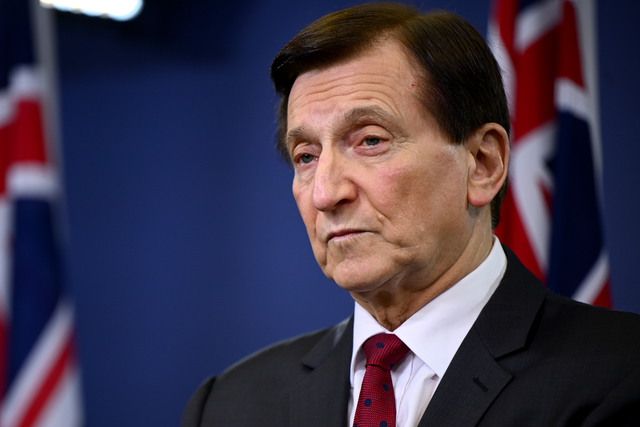Infrastructure spending financed by debt
Leader of the National Party, Warren Truss, warned that while the Government’s infrastructure spending programs have boosted councils’ cash flow and enabled them to undertake some welcome community projects, it is one off funding financed by debt – all of which will have to be repaid by future governments.
“Put simply, future Federal Governments, of whatever political persuasion, will have less money to spend on roads, hospitals, schools and Local Government,” he said.
“Taxes will also be higher than they otherwise would be, because future generations will be repaying interest and redemption on debt being created today.”
Turning the subject to climate change, Warren Truss said an emissions trading scheme (ETS), even if applied globally, is not a total or adequate response.
He said the increased cost of doing business in Australia as a result of the scheme will cause some companies to close, but will not reduce demand for their products.
As such we will be importing the same goods from countries with less demanding emission standards, thus contributing more emissions to the global environment.
“For example, Australia produces 10 million tonnes of cement each year,” Warren Truss said. “Each tonne emits 0.8 tonnes of greenhouse gases.
“If the ETS taxes carbon at $30 per tonne, it will cost the Australian cement industry $240 million a year.
“This will put it out of business – our 15 plants will close, and we will lose 1,870 jobs in regional Australia.
“We will then have to import all of our cement from China, which produces one billion tonnes of cement annually, each tonne emitting 1.1 tonnes of greenhouse gases. The result will be a net increase in global emissions of three million tonnes every year.
“As this switch from local to overseas emissions continues, the job losses will cascade and the trade balance will obviously deteriorate.”
Warren Truss said Canada and New Zealand have delayed their schemes, and the USA is proposing an ETS in line with the outcomes of the global Copenhagen Summit later
this year.
“We should do the same,” he said. “We believe that Australia must play its part in addressing climate change issues, but an emissions trading scheme is not an end in itself and can only ever be a part of a comprehensive response.
“Australia should continue to act to implement practical CO2 emissions reduction measures such as soil carbon sequestration, revegetation of marginal land, clean coal technology, carbon capture and so forth.
“The Coalition has offered the Government bipartisan support for an unconditional reduction of five per cent in emissions from 2000 levels by 2020 and a reduction of up to 25 per cent if there is a comprehensive global agreement.”







